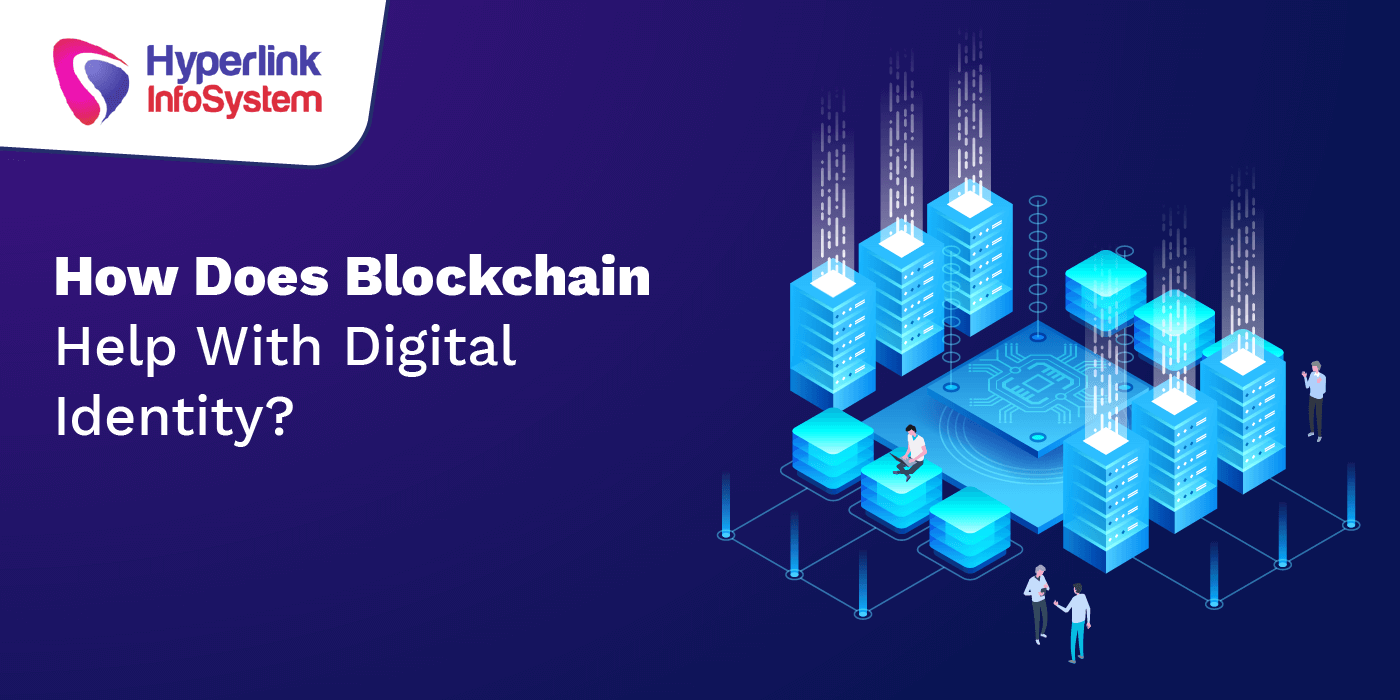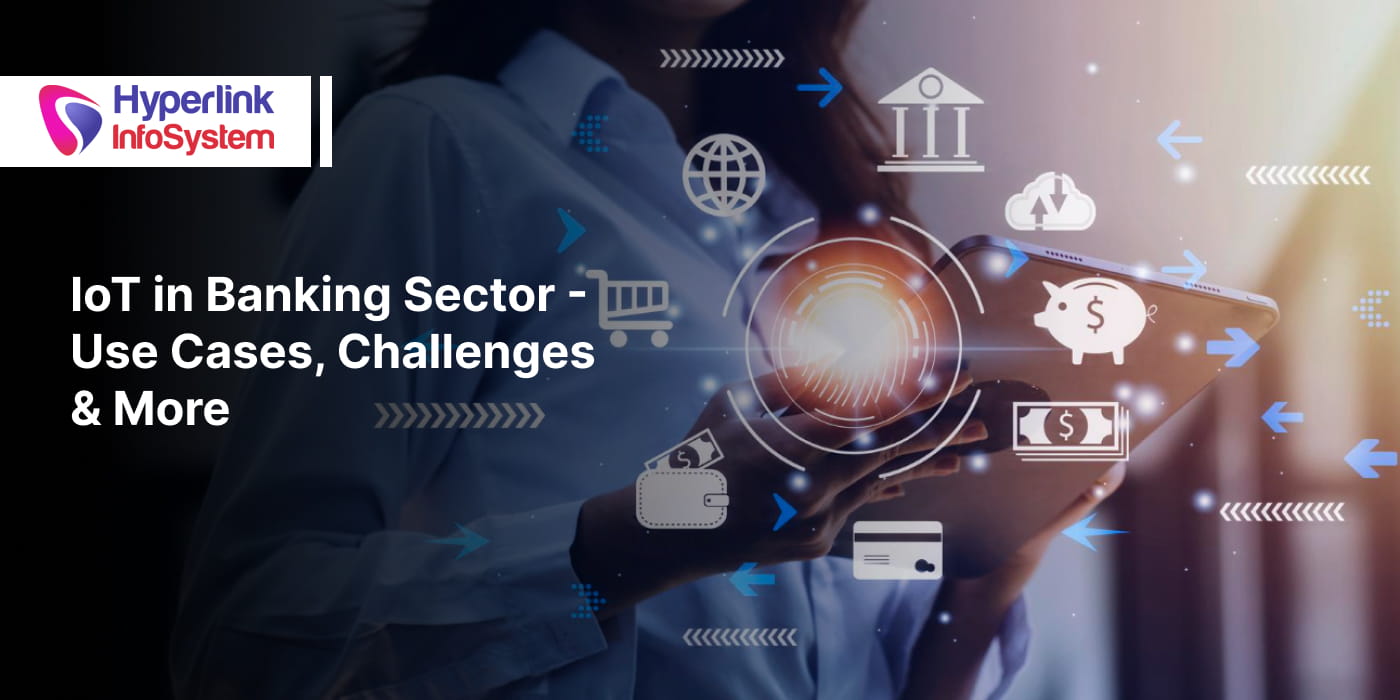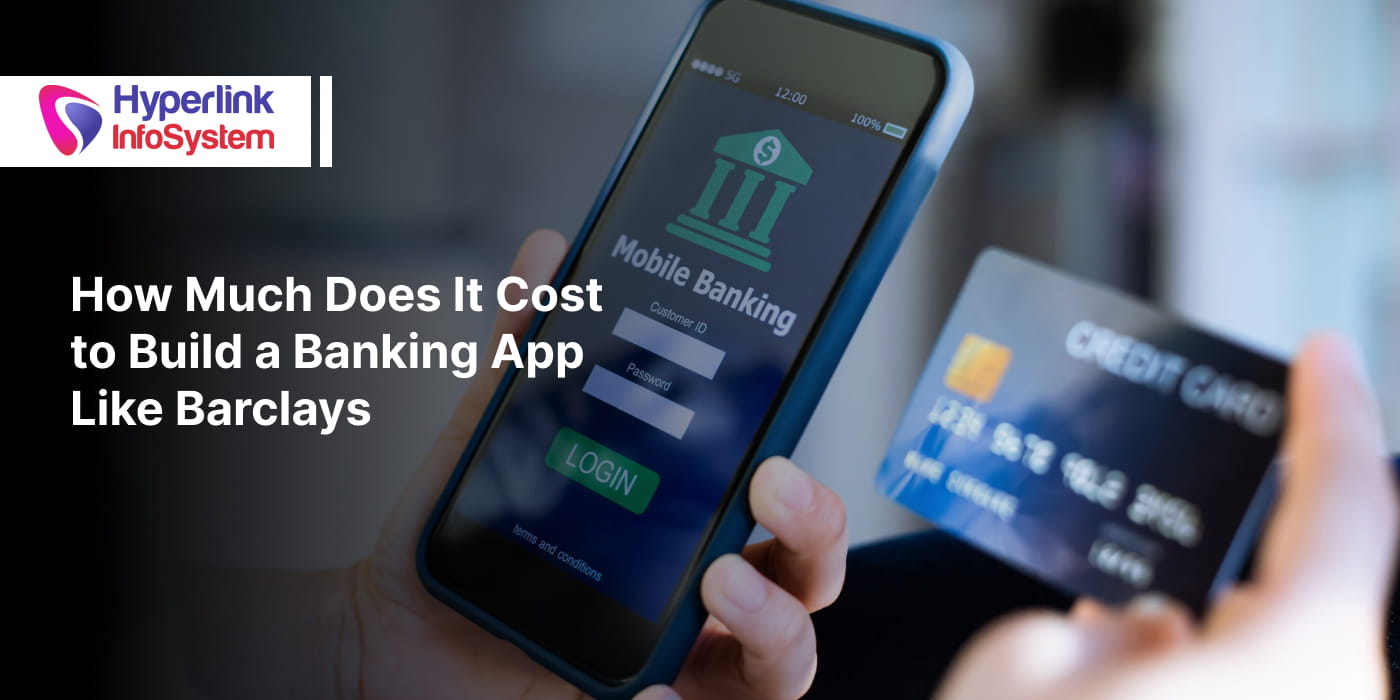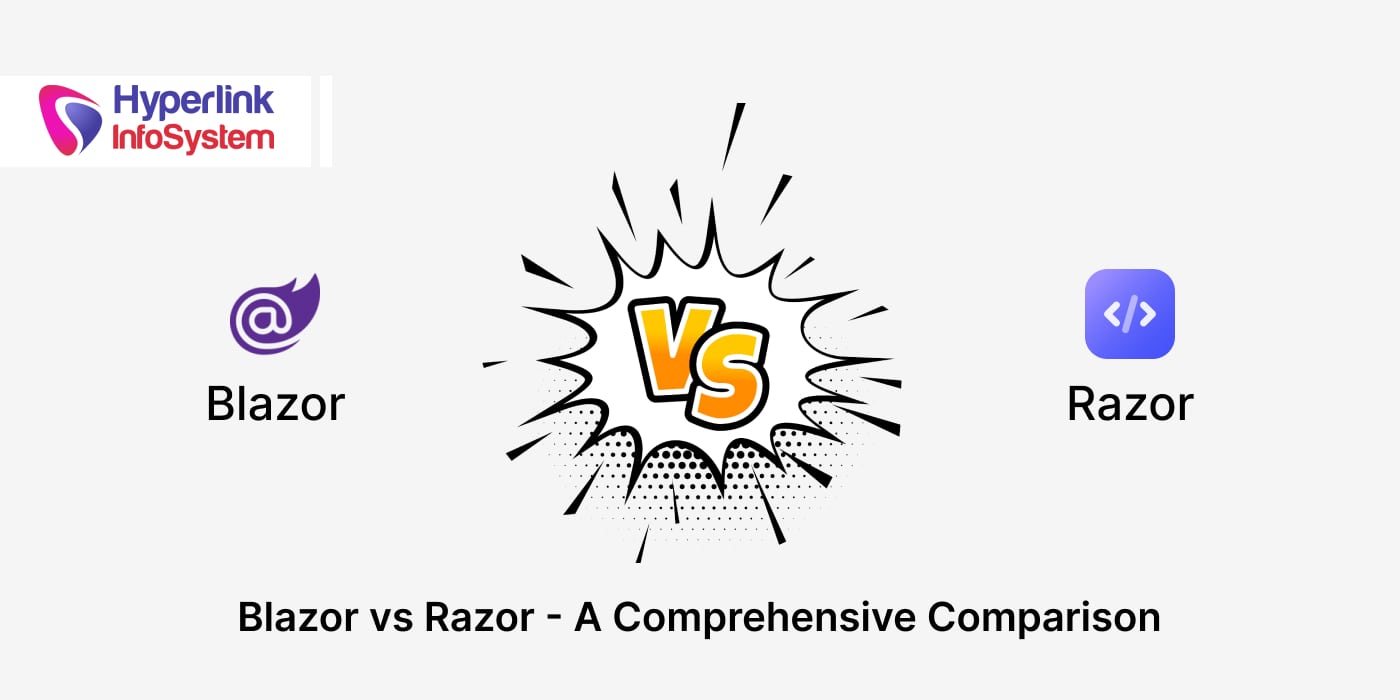Blockchain tech is helping many sectors with security, transparency, more such features, adding value to their organization. Hence, it is believed to evolve the existing working of identity management. The current identity management framework is not secure or trustworthy. At each stage, you are asked to identify yourself via various government documents like Voter ID, Pan Card, Passport, and others.
Sharing too many IDs can invade the privacy of the individuals. This is where
blockchain development comes into the picture to solve self-sovereignty issues via a decentralized model. A self-sovereignty image guarantees trust and confidentiality, where legal IDs are secured, confirmed, and approved by the participants.
What is self-sovereign identity?
Self-sovereign identity is the idea that individuals and enterprises can save their own identity information on their own devices, choosing what information to share with validators without counting on a central repository of identity data. These identities could be built independent of corporations, global companies, or nation-states.
The government documents are shared at various places like banks, third party platforms, government institutes, credit agencies, and other such places. If you need to open a bank account, buy a mobile sim, book a ticket, apply for a loan, your personal day gets used everywhere. These are the places where the identity management framework is vulnerable to theft and hack.
The blockchain platform gets designed to safeguard individuals from such thefts and scams. Furthermore, it will enable people the freedom to build self-sovereign and encrypted digital identities, supplanting the need for creating various usernames and passwords.
How has this helped in Travel & Tourism?
This technology has also helped in the travel and tourism industry. Travel and Tourism was a 9 trillion dollar industry in 2019. The lockdown has created an upheaval in this industry with travel restrictions. Amid all this, ShareRing, a platform developed by CEO and Founder Tim Bos and others including Jane Sadler-Kidd, makes hassle-free travel with its comprehensive travel app for businesses and passengers.
The ShareRing team identified the power to unravel the fragmented sharing market with blockchain tech and introduced a blockchain-ready business headed towards the travel, sharing, and on-demand market. As per Kidd, Sharing is a tailored, fixed blockchain database developed on top of the Tendermint blockchain. It’s quick, highly scalable, and super flexible than the current platforms like Ethereum.
Think that you are stepping off the jet, and you know that all your trip requirements are safely booked and controlled from your smartphone. Can you imagine not dealing with bank cards, passports, or travel documents anymore? Well, yes, that’s true. ShareRing’s travel app will provide a more well-integrated user experience by getting all the essential activities and reservations under one roof. This activity includes flights, visa, tourist applications, hotel check-ins, Covid-19 tests, mobile wallets, self-sovereign digital identity cards, payment solutions, and vehicle rentals.
The company introduces the world’s first hidden contact- tracing passport that can get synced with e-visa on arrival systems, airlines, hotels, retail shops, and travel insurance companies. The contact-tracing apps have undoubtedly gone through critical observation since the beginning of the pandemic. The studies have shown that these apps invade privacy and lack sufficient security, are manual, and costly to execute SheaRings self-sovereign platform. This weathers this huge bottleneck of securing information by ensuring data privacy via unidentified distributed ledger cryptography.
Moreover, passengers’ health proof is safely scanned with the QR code by airports, shops, or hotels to disclose their test status. This will allow more freedom of movement and communication with the passengers. One’s identity data is never saved on the blockchain and cannot be modified, reducing falsification, and scams. On the other hand, other contact-tracing apps had third-party storage of information.
As per Kidd, when a user registers for a ShareRing ID, the app takes their picture, video selfie, name, birth details, address, and more saved in an encrypted folder that never leaves the user’s instrument. The platform also takes biometrics of the information and documentation and keeps that on the blockchain. The folder gets encrypted with the user’s public key; thus, only the user can access it. The user can also back it up on their Cloud storage, or Google Drive. If any data is modified, it won’t get identified by the blockchain, and the user will get compelled to recreate their ShareRing ID. When the user uses one of their services, such as the Covid-19 app, the app will send only the essential information to the government to notify others if they have been in physical contact with the user. This is crucial while many governments are thinking of mandating this, and a few have health certificates to lessen the lockdown measures and re-open borders, & struggling economies safely.
Kidd further adds that they have developed this app with tourism, health, and government regulatory guidelines in mind. The Covid-19 passport is an ideal suit to their standards, economical, and developed in such a way that they can easily get synced into any app and stimulate adoption among the crowd by designing it in a way that protects their privacy.
This can allow them to examine the passengers safely, and thus protecting their staff during the pandemic.
The ShareRing app is a part of a bigger ecosystem of blockchain tech the app developmet agency has developed. ShareRing’s app has already got integrated with the above 2.6 million hotels, and service provided worldwide. They also have a sharing marketplace eliminating intermediaries such as Airbnb and Uber. Unlike Bitcoin, SharePay is their Stablecoin, that conceals the confusion of cryptocurrency from the user. Sharepay will enable the payment of services and products between the service provider and the user.
Conclusion
In this article, we learned that without blockchain, the user data is exposed to many people and can be unsafe. However, with blockchain in play, this problem has got resolved and even the hassle to carry numerous documents. This can almost eliminate the frauds and misuse of information, providing seamless service to the users. Users can enjoy their travel with all of their data under one roof and safely secured.

























